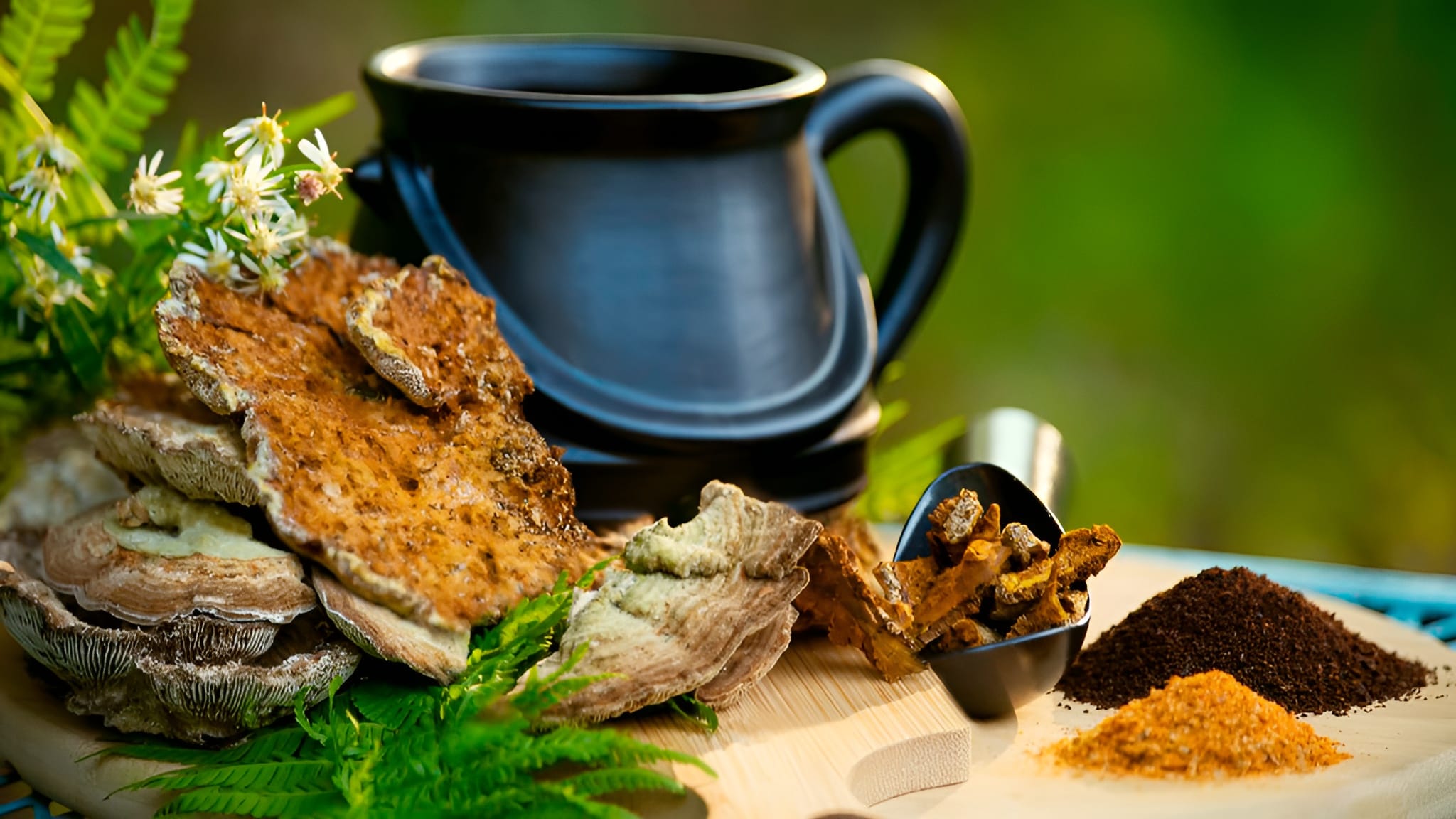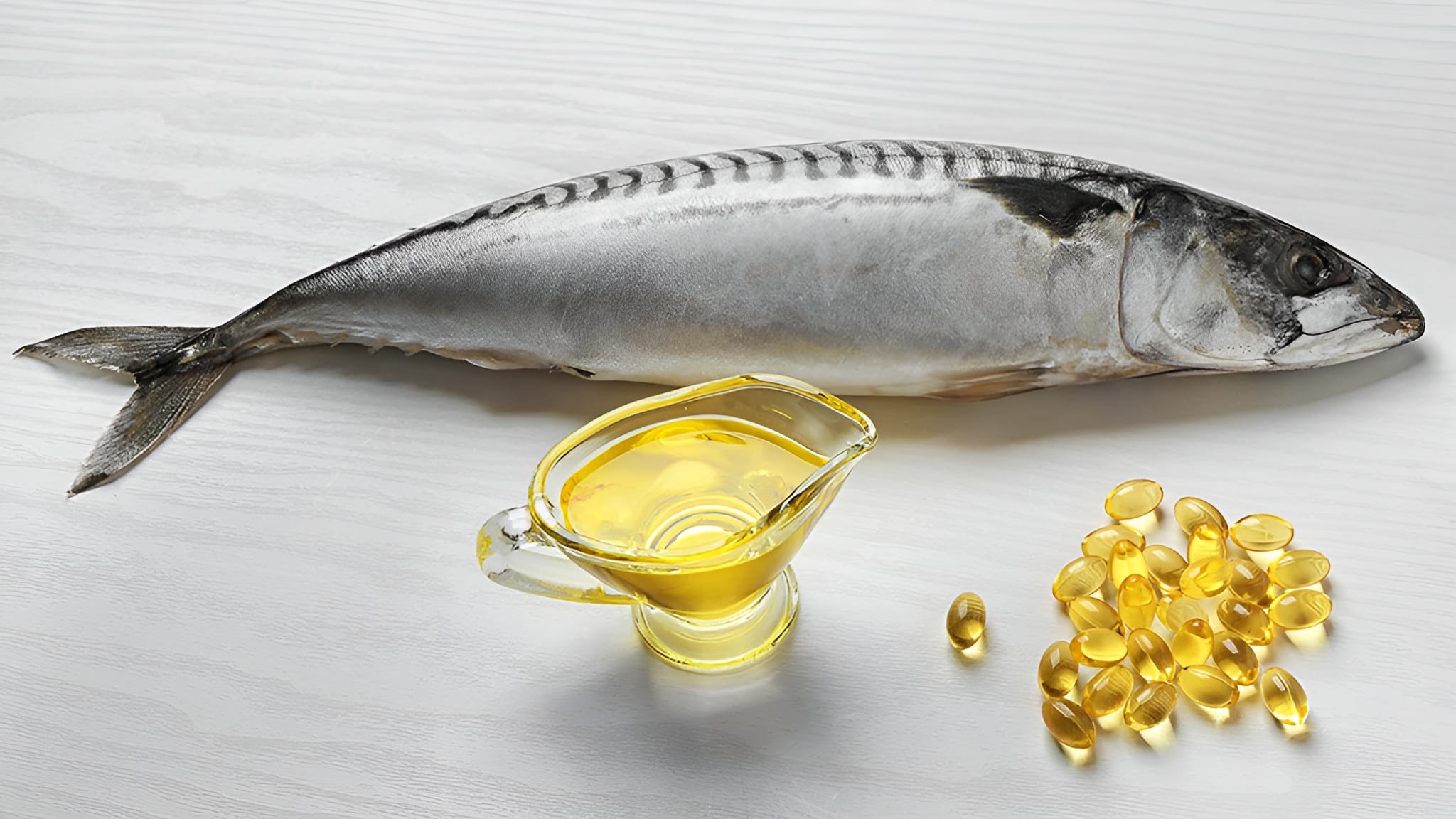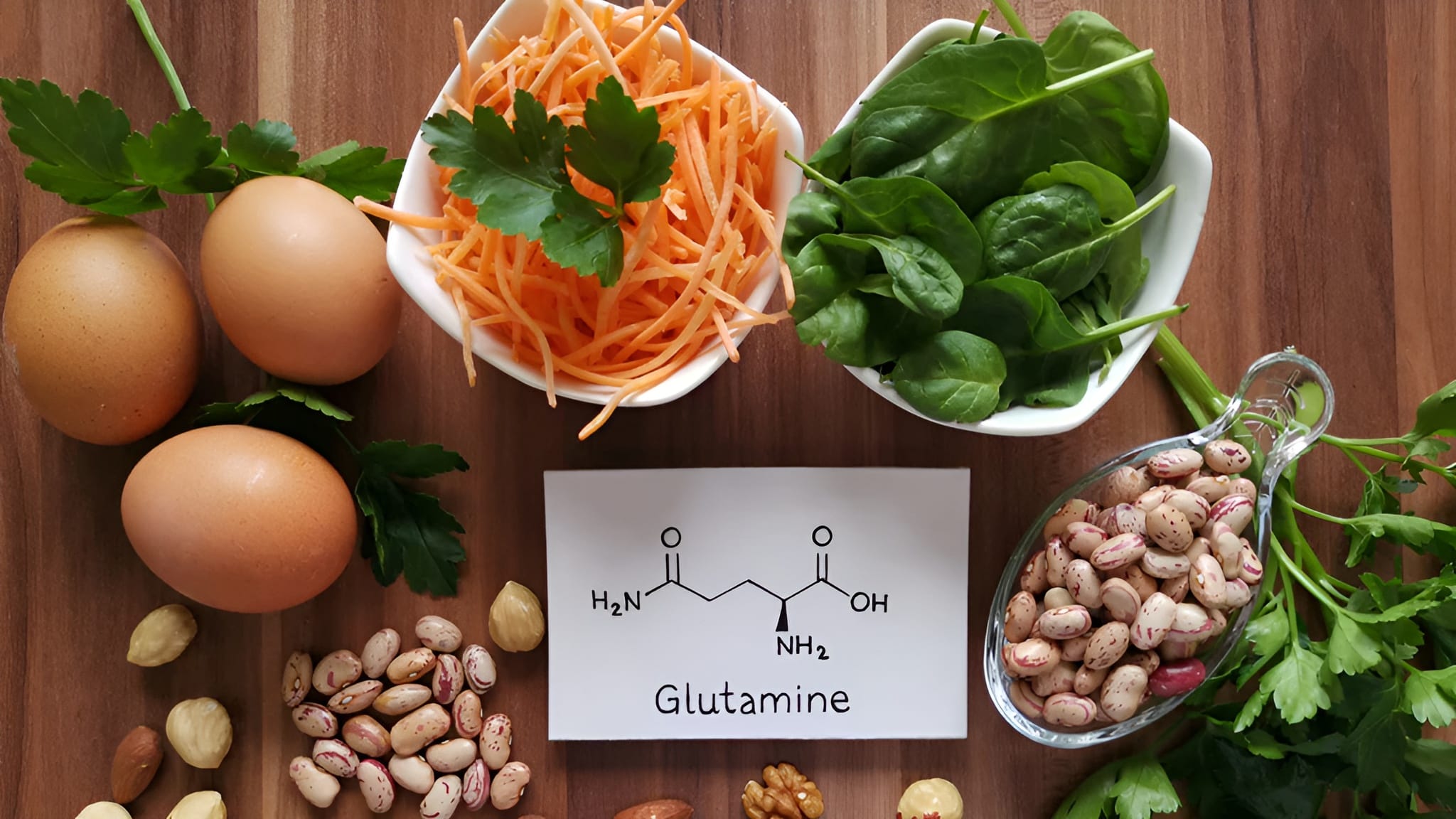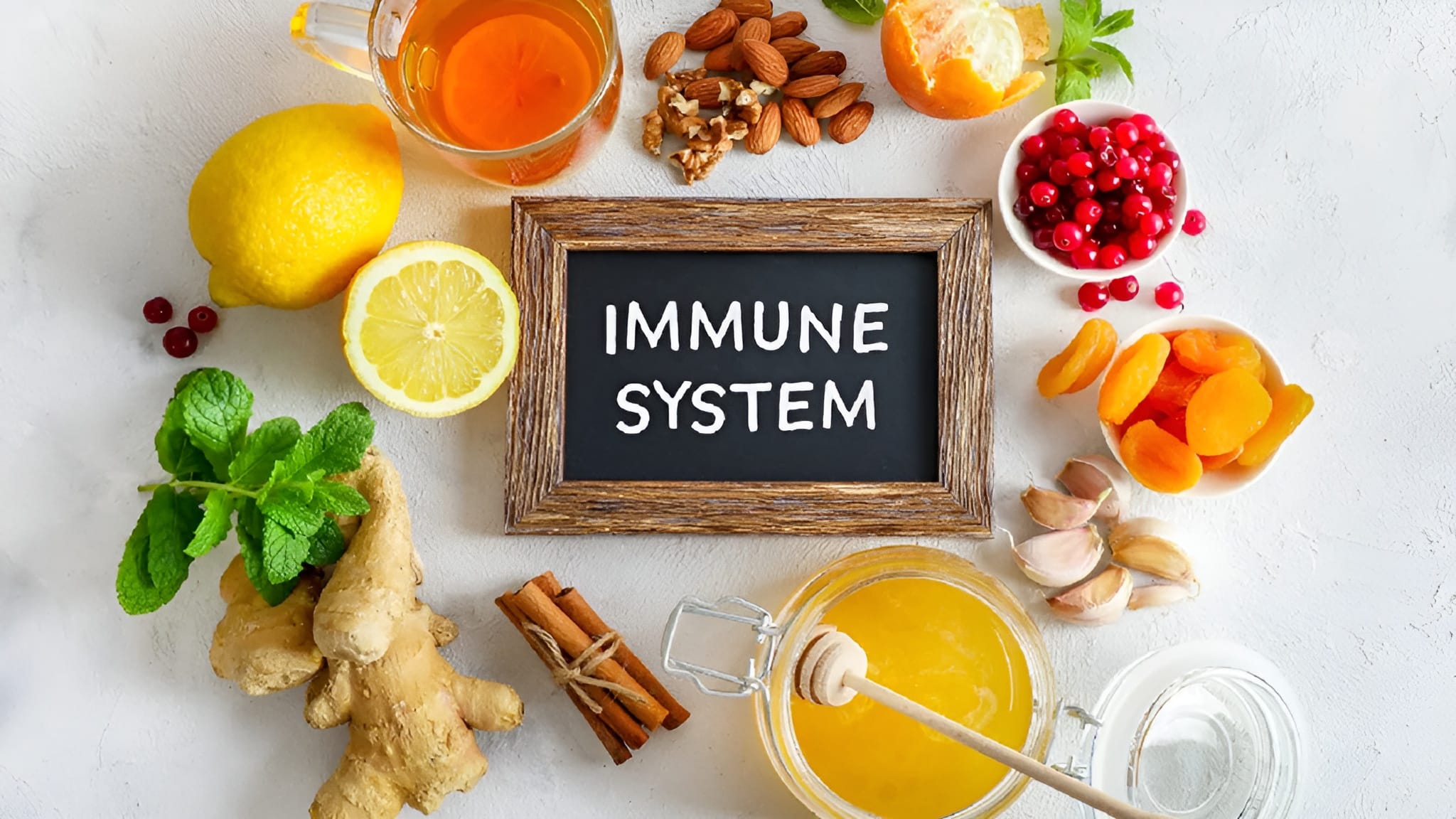It’s more important than ever to prioritize our children’s health, and to boost your child’s immune system is their first line of defense against illness. Unfortunately, many kids’ snacks are filled with sugar and processed ingredients that do little to support their growing bodies and developing immune systems.
Children are particularly vulnerable to infections because their immune systems are still maturing. To grow into healthy adults, they need the right building blocks, and that includes essential nutrients and vitamins. With many kids spending more time indoors and less time engaged in active outdoor play, supplements to boost a child’s immune system can be valuable allies in keeping them healthy and resilient.
Table of Contents
Beyond Supplements: Building a Foundation
Before we delve into specific supplements, it’s essential to establish a healthy foundation for your child’s immune system. Think of it as building a strong fortress to protect their health. Here are the key elements:
- Nourishing Foods: Limit sugary treats and processed foods, which offer little nutritional value and can actually weaken the immune system. Instead, focus on whole, nutrient-dense options like colorful fruits and vegetables, lean proteins, whole grains, and healthy fats. These provide the vitamins, minerals, and antioxidants that growing bodies need to thrive.
- Adequate Sleep: Ensure your child gets enough sleep each night. Sleep is crucial for immune function, as it’s during sleep that the body repairs and rejuvenates itself. A well-rested child is better equipped to fight off infections and stay healthy. The amount of sleep needed varies by age, so consult your pediatrician for specific recommendations.
- Hydration: Encourage your child to drink plenty of water throughout the day. Water is essential for countless bodily functions, including transporting nutrients, flushing out waste products, and regulating body temperature. Dehydration can weaken the immune system and make children more susceptible to illness.
Top Supplements to Boost a Child's Immune System
While a healthy lifestyle is paramount, supplements to boost a child’s immune system can provide additional support, especially during the cold and flu season or when your child’s immune system needs an extra boost. Here are some of the top contenders:
1. Elderberry
Elderberry has been used for centuries in traditional medicine to combat colds and flu. It’s packed with antioxidants and has been shown to have antiviral properties. While it’s often recommended to use elderberry only at the onset of illness, some experts suggest a daily dose of elderberry for cold‘s preventative support, especially during cold and flu season.
- Reduced Symptom Duration: Studies have shown that elderberry can significantly reduce the duration of cold and flu symptoms by up to 4 days [1][2]. This means your child can bounce back to health faster and miss fewer school days.
- Symptom Severity: Not only does elderberry help shorten the duration of illness, but it can also reduce the severity of symptoms like fever, cough, and congestion [3]. This can help your child feel more comfortable while their body fights off the infection.
- Dosage: Dr. J. Zimmerman, a renowned expert in natural medicine, recommends one teaspoon of elderberry extract per day for children to help prevent illness [4]. However, it’s always best to consult your pediatrician for personalized dosage recommendations.
2. Vitamin C
Vitamin C is a powerful antioxidant that plays a crucial role in supporting immune function. It helps protect cells from damage, supports the production of white blood cells, and aids in the body’s defense against infections.
- Infection Prevention: The European Journal of Clinical Nutrition published a study confirming the immune-boosting benefits of vitamin C. Their research concluded that regular supplementation with vitamin C can help prevent respiratory infections in children, especially those attending preschool [5].
- Dosage: The body’s need for vitamin C increases during illness, so it’s important to increase the dosage at that time. Since vitamin C is water-soluble and excreted quickly, it’s best to supplement multiple times a day. Up to 1500mg per day can be beneficial during illness, reducing to 500mg once your child has recovered. Always consult your pediatrician for appropriate dosage recommendations for your child’s age and health status.
3. Vitamin D
Vitamin D, often called the “sunshine vitamin,” is essential for immune health, bone health, and overall well-being. It plays a vital role in regulating immune responses and helping the body fight off infections.
- Immune Activation: Vitamin D stimulates the immune system to respond effectively to threats, acting like a “wake-up call” for your child’s defenses [6].
- Reduced Illness: Studies have shown that children who receive vitamin D supplements are less likely to get sick, particularly with respiratory infections [7].
- That’s why many parents turn to Vitamin D3 for immune balance, ensuring steady levels of this essential nutrient year-round—especially in the winter months.
- Deficiency Risk: Children born with a vitamin D deficiency are more prone to developing respiratory tract infections [8]. This highlights the importance of ensuring adequate vitamin D for kids.
Since it can be challenging to get enough vitamin D from food alone, and sunlight exposure can be limited depending on your location and the time of year, supplementation is often recommended, especially during winter months.
4. Probiotics
Probiotics are beneficial bacteria that support a healthy gut microbiome. A balanced gut flora is crucial for a strong immune system, as a significant portion of the immune system resides in the gut.
- Gut Health and Immunity: Depending on who you ask, it’s estimated that 70-90% of the immune system is located in the gut. This highlights the crucial link between gut health and immune function. Probiotics help maintain a healthy balance of gut bacteria, supporting a strong gut barrier and preventing leaky gut, which can lead to inflammation and increased susceptibility to illness.
- Sources of Probiotics: You can support your child’s gut health by incorporating probiotic-rich foods into their diet, such as yogurt, bone broth, and pickles. You can also consider probiotic supplements, especially those that include prebiotics, which act as “food” for the beneficial bacteria in the gut.
5. Zinc
Zinc is a crucial mineral for immune function, playing a vital role in the development and activity of immune cells. It’s essential for a healthy immune response and helps the body fight off infections effectively.
- Importance of Zinc: According to Julia Zumpano, RD, zinc is the “linchpin of immunity” [9]. However, it’s important to avoid excessive zinc intake, especially in children, as it can be harmful. Consult your pediatrician for appropriate dosage recommendations.
- Zinc and Immune Cell Production: Zinc is directly involved in the production of new immune cells. If zinc levels are too low, the immune system may not be able to function optimally or repair itself effectively [10].
- Quercetin Synergy: Quercetin, a flavonoid found in various fruits and vegetables, helps transport zinc into immune cells, enhancing its effectiveness. Consider supplementing with quercetin alongside zinc for a synergistic immune boost.
A Holistic Approach to Immune Health
While supplements to boost a child’s immune system can be incredibly helpful, remember that they are most effective when combined with a healthy lifestyle.
- Cut out the processed foods: Processed foods often contain unhealthy fats, added sugars, and artificial ingredients that can weaken the immune system.
- Reduce sugar intake: Excessive sugar consumption can suppress immune function and contribute to inflammation.
- Go outside with your child: Encourage outdoor play and physical activity. Sunlight exposure helps the body produce vitamin D, and exercise strengthens the immune system.
- Get enough sleep: Ensure your child gets adequate sleep each night to support their growing body and developing immune system.
By taking a holistic approach that combines healthy lifestyle habits with targeted supplementation, you can help your child build a strong and resilient immune system to thrive throughout the year.
Another smart addition is Omega-3s for brain and immune support—these fatty acids nourish developing brains while helping regulate immune responses for overall resilience.
FAQ
Sleep, whole-food nutrition, daily movement/outdoor time, and steady vitamin/mineral intake. Supplements help most when these basics are in place.
A kid-appropriate multivitamin, vitamin D3, probiotics (with prebiotics), and zinc during higher-risk seasons. Vitamin C and elderberry can be used short-term around colds. Always use children’s formulas.
Better not. Use a children’s product with age-appropriate dosing; adult products can overshoot zinc, vitamin A, or herbal actives.
Daily is fine for most kids. Choose a blend that lists strains and CFU per serving, and pair with fiber-rich foods.
Yes—if they’re low in sugar and cover the essentials. If sugar is a concern, look for drops, powders, or chewables.
Most families reserve it for short windows (early signs or peak season). Avoid raw elderberries; stick to cooked/syrup, gummies, or capsules labeled for kids.
Cites and Sources
No Citations
Show Citations
[1] - Zakay-Rones, Z., Varsano, N., Zlotnik, M., Manor, O., Regev, L., Schlesinger, M., & Mumcuoglu, M. (1995). Inhibition of several strains of influenza virus in vitro and reduction of symptoms by an elderberry extract (Sambucus nigra L.) during an outbreak of influenza B Panama. Journal of alternative and complementary medicine (New York, N.Y.), 1(4), 361–369. https://doi.org/10.1089/acm.1995.1.361
[2] - Zakay-Rones Z, Varsano N, Zlotnik M, et al. Inhibition of several strains of influenza virus in vitro and reduction of symptoms by an elderberry extract (Sambucus Nigra L.) during an outbreak of Influenza B Panama. J Altern Complement Med. 1995;1(4):361–9.
[3] - Tiralongo, E., Wee, S. S., & Lea, R. A. (2016). Elderberry supplementation reduces cold duration and symptoms in Air-Travellers: a randomized, Double-Blind Placebo-Controlled clinical trial. Nutrients, 8(4), 182. https://doi.org/10.3390/nu8040182
[4] - Elderberry Syrup dosage | Elderberry Syrup dosing for adults and kids. (n.d.). The Natural Mama Co. https://www.thenaturalmama.org/pages/elderberry-syrup-dosage
[5] - Garaiova, I., Muchová, J., Nagyová, Z., Wang, D., Li, J. V., Országhová, Z., Michael, D. R., Plummer, S. F., & Ďuračková, Z. (2014). Probiotics and vitamin C for the prevention of respiratory tract infections in children attending preschool: a randomised controlled pilot study. European Journal of Clinical Nutrition, 69(3), 373–379. https://doi.org/10.1038/ejcn.2014.174
[6] - Aranow, C. (2011, August 1). Vitamin D and the immune system. https://pmc.ncbi.nlm.nih.gov/articles/PMC3166406/
[7] - Urashima M., Segawa T., Okazaki M., Kurihara M., Wada Y., Ida H. Randomized trial of vitamin D supplementation to prevent seasonal influenza A in schoolchildren. Am. J. Clin. Nutr. 2010;91:1255–1260. doi: 10.3945\ajcn.2009.29094.
[8] - Camargo C.A., Ingham T., Wickens K., Thadhani R., Silvers K.M., Epton M.J., Town G.I., Pattemore P.K., Espinola J.A., Crane J., et al. Cord-blood 25-hydroxyvitamin D levels and risk of respiratory infection, wheezing, and asthma. Pediatrics. 2011;127:e180–e187.
[9] - Clinic, C. (2024, June 27). How to build up your kid’s immune system. Cleveland Clinic. https://health.clevelandclinic.org/how-to-boost-your-kids-immunity
[10] - Prasad, A. S. (2008). Zinc in human health: Effect of zinc on immune cells. Molecular Medicine, 14(5–6), 353–357. https://doi.org/10.2119/2008-00033.prasad





